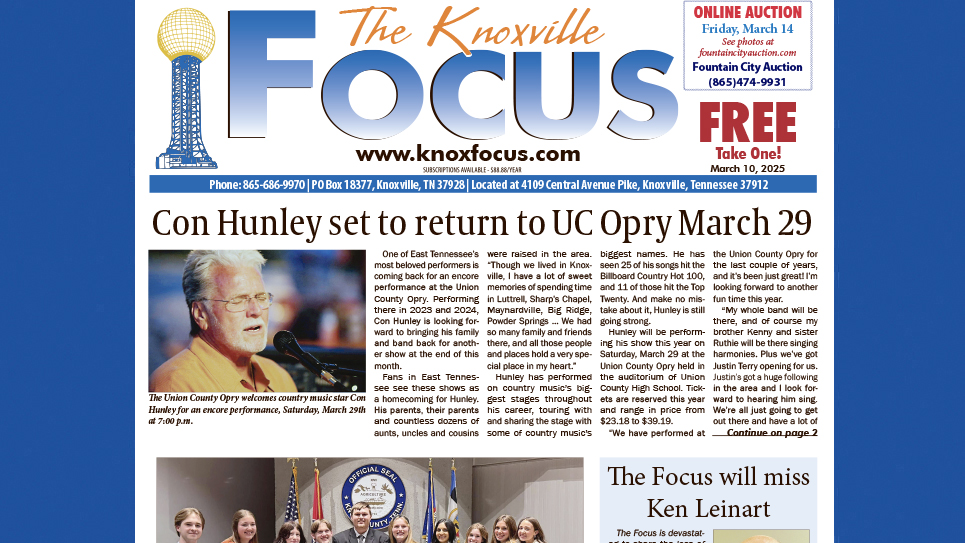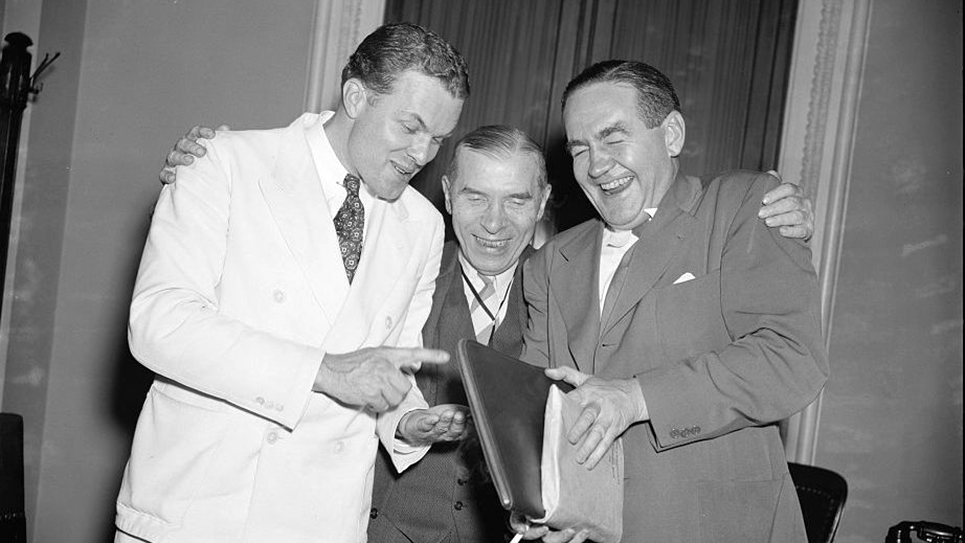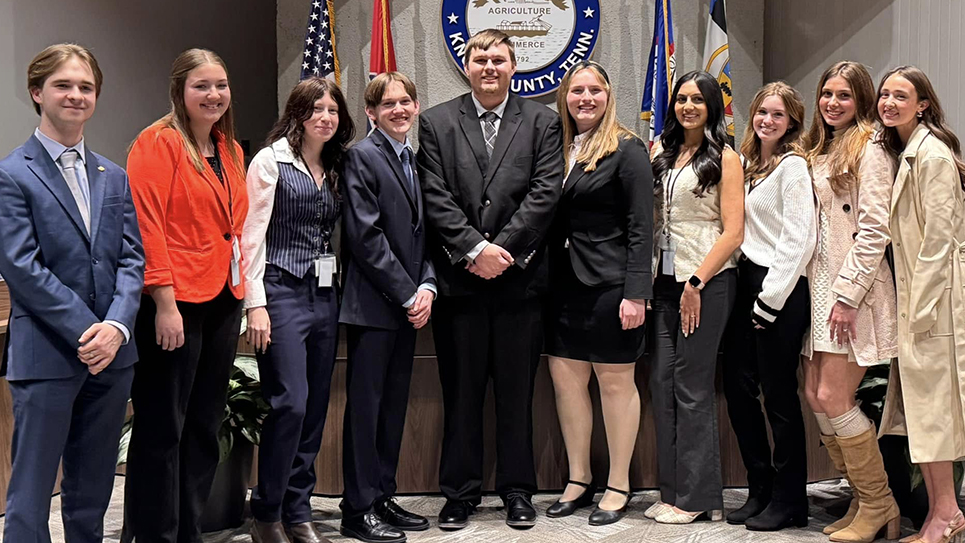Often, the hardest part of writing is getting started. Sometimes I think I’ve said enough in this column after a half million words. This is especially true as another editorial deadline approaches. And then I get a phone call of praise or a fellow church member thanks me for a recent essay. Sometimes readers write and thank me for a voice that they do not have. And so I carry on, pleased to do my small part.
Another Memorial Day is past. American flags have been removed from grave markers in the Veterans Cemetery, and now we go back to work after BBQ, watermelon and hopefully at least a few moments of reflection.
I used to watch the movie Saving Private Ryan every Memorial Day. I felt it was my (tour of) duty to endure the closest I will ever come to the savagery of war and to remember those of the Greatest Generation who survived WWII to give me life, a career and the freedom to write in my autumn years.
The movie is constructed around saving Private Ryan, whose mother has already lost multiple sons in the war. The story poignantly opens with Private Ryan, now in his late autumn years, visiting a Veteran’s Cemetery in France with his family. After searching, he finds the grave marker of the captain who led a band of soldiers and together saved Ryan’s life. Then, with tears in his eyes and choking voice, Ryan asks his wife if he’s been a good man, good enough to justify the deaths of those who saved him.
Each morning as I awake, I thank God for another day of life. I get to reboot my computer that sits atop my shoulders. I get to remember, pray and to serve. So the time I sacrifice constructing a meaningful essay is a pittance by comparison to those who have done so much for me. Reflecting and writing is a joyful exercise when viewed from this perspective.
Zeitgeist is a German word now a part of our English lexicon. It refers to the ideas, morality or cultural climate of a time and place. An example is the Roaring Twenties in America. Recently, I heard a commentator ask if our self-absorbed modern generation would be capable of storming the beaches of Normandy or Tarawa. You never know what you’re capable of until you’re put in a situation where you must protect yourself, family, friends or country. The zeitgeist of some narcissistic, illiberal and snowflake college campuses makes we wonder as well.
When I was in grammar school we daily recited the Pledge of Allegiance, and in Tennessee it is still required. Like the Lord’s Prayer, I reflect on the words and creeds as I savor and parse their meaning in my heart and mind. Since 1954 we say, “I pledge allegiance to the Flag of the United States of America, and to the Republic for which it stands, one Nation under God, indivisible, with liberty and justice for all.” When I was a kid I didn’t understand why we should pledge a flag. But now I understand compound sentences and that the flag is a symbol of the “Republic for which it stands.” These are powerful words and I pray they still reflect the zeitgeist of America.
I’m a fan of ice hockey and played through my second year of UT. My nose is crooked less because of my feisty nature, than the results of a “high sticking” infraction. I was racing for the goal on a breakaway when the stick savaged my nose. At least that’s what I remember, and you should never spoil a good story with facts. The media certainly don’t.
I’m cheering for the Nashville Predators, but at this writing it looks bleak. They are two games down and their goalie, Pekka Rinne – what a great hockey name – seems to have lost the magic which brought his team to the finals of the Stanley Cup. Hope continues, and as the saying goes, “It ain’t over till the fat lady sings.” (How’s that for relating ice hockey and Wagnerian opera?)
One thing I love about baseball games and hockey matches is the National Anthem. The lyrics of the Star Spangled Banner were written in 1814 by Francis Scott Key during a British naval bombardment of Fort McHenry in the War of 1812. The melody is beautiful, though tough for my voice which is only fit for the acoustics of a shower stall. I also like the melody of the Canadian and Russian national anthems, though I probably shouldn’t admit the latter since CNN sees Russians everywhere. But it is the words of our National Anthem that resonate deeply in my soul and are memorial as well as creedal.
At my church, during the Memorial weekend service, we recited an honorary litany for US Forces which included the phrase “one nation under God.” Modern controversy continues with the 1954 modification of the National Pledge. I believe the problem is more about humanist philosophy, politics and a poor understanding of the First Amendment. This fundamental statement of the American creed says that “Congress shall make no laws establishing [state] religion nor preventing the free exercise thereof.” We hear a lot about the establishment clause, but secular humanists ignore the “rest of the story” as Paul Harvey would say.
Humanism is a philosophy which holds that men are basically good and reason rather than religion should guide one’s life.
John Calvin held to the notion of original sin. I don’t. My wife Becky’s opinion is that separation from God is what gets us in trouble. I agree. Man’s reason, creeds and laws have proven insufficient to curb our animal instincts. Removing God as absolute arbiter of good leads to moral relativism and destruction over and over again down through history.
So much for sermonizing. My tour of duty continues on these pages. And the take home point for this week’s homily is to reflect on the words of our creeds. Let them resonate in your heart and soul. And be thankful for those who sacrificed to give you these American creeds and liberty. And thank the One who sacrificed to bring you salvation.






